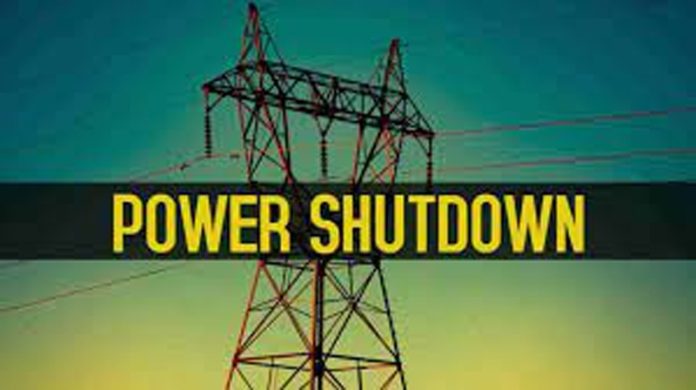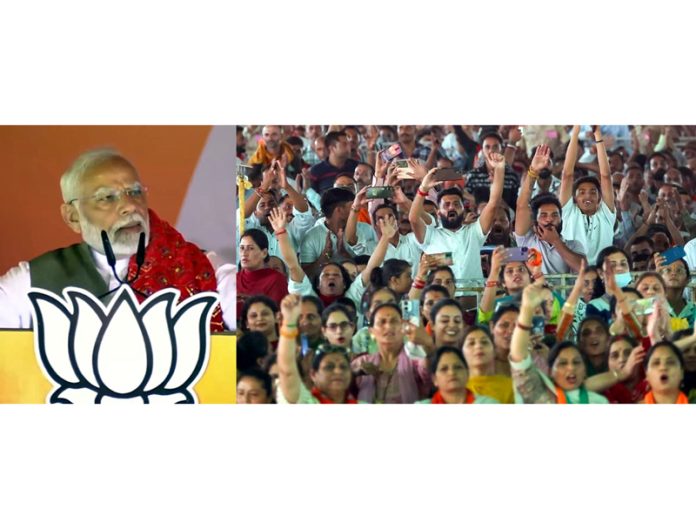
A shortfall in government funding has left a $15 million hole in Ashburton's roading budget. Photo: Supplied via LDR / Ashburton Guardian The National Land Transport Plan, which sets funding across New Zealand, has allocated $158.7 million for the region for the 2024-27 period.
However, $113 million of that is allocated to Ashburton’s second bridge, leaving just $45.7 million for the council to spend on the road network over the next three years. Ashburton Mayor Neil Brown said it was good the maintenance funding had increased, but there is a big gap in the council’s budgets from cuts to other areas.

The council is already playing catch up with its roading network and a funding gap will have an impact on the 2,622km roading network, he said. “Some parts of the roads will improve but others will deteriorate. “Inflation has not been roadings' friend over the last three years, so the roads are still going backwards.
” He pointed to the perennial frustration of the national transport plan coming out months after councils had set their budgets. “We now have to go back and revisit our budgets and work programmes that we haven’t been funded for,” Brown said. The $45.
7 million funding will cover maintenance, operations and renewal, but nothing for the low cost, low risk projects, which would include work such as intersection upgrades, street lights, signage, and footpaths. For the 2024/25 roading programme there is $2.4 million of funding from rates not matched by NZTA subsidy.
Council infrastructure and open spaces group manager Neil McCann said a report will go to the council meeting tomorrow detailing the NZTA-approved budget, what it means for the council, and how it compares to the long-term plan. “It will also identify options for council to consider how we spend the council portion of the LTP subsidised budget that is no longer subsidised.” NZTA funding data also shows only a 51 per cent Government contribution for the second Ashburton bridge.
This means it will receive the same funding category as any other local road, despite being designated as a ‘road of regional significance’ by the transport minister. National MP for Rangitata James Meager said designating the bridge as a Road of Regional Significance means it is prioritised by NZTA over other local roading project and at least 51 per cent of it will be funded. He also said the 2024-27 NLTP has a 193 per cent increase in funding to the Ashburton district compared to the actual spend in 2021-24.
"The NLTP has allocated total funding of $158.7 million for the 2024-27 period, compared to $54 million of actual spend in 2021-24." Funding gap remains Environment Canterbury chair Peter Scott says the South Island isn’t getting a fair deal, with revenue derived here being directed to the North Island.
Scott, who also chairs the Canterbury Regional Transport Committee, said funding for the NLTP is drawn from fuel taxes and road user charges and Canterbury is only receiving 7 per cent of the funding. Figures released by NZTA through the Official Information Act show that from May 2023 to May 2024, $2.078 billion [$2,078,344,820] in road user charges were collected.
Of that 13 per cent ($275.8 million) came from Canterbury, which was only behind Auckland (28.9 per cent) and Waikato (15.
5 per cent), while the South Island, excluding Canterbury, made up 12.3 per cent. “The money that comes from road use in our communities should therefore be put back into our communities," Scott said.
"Our bread-and-butter funding is being spread like jam across other regions.” Scott said Canterbury has 12 per cent of the population and over 16 per cent of the national roading network "but we generally only ever receive around five to eight per cent of the NLTP funding”. "All we’re asking for is our fair share.
" By Jonathan Leask, Local Democracy Reporter ■ LDR is local body journalism co-funded by RNZ and NZ On Air..










